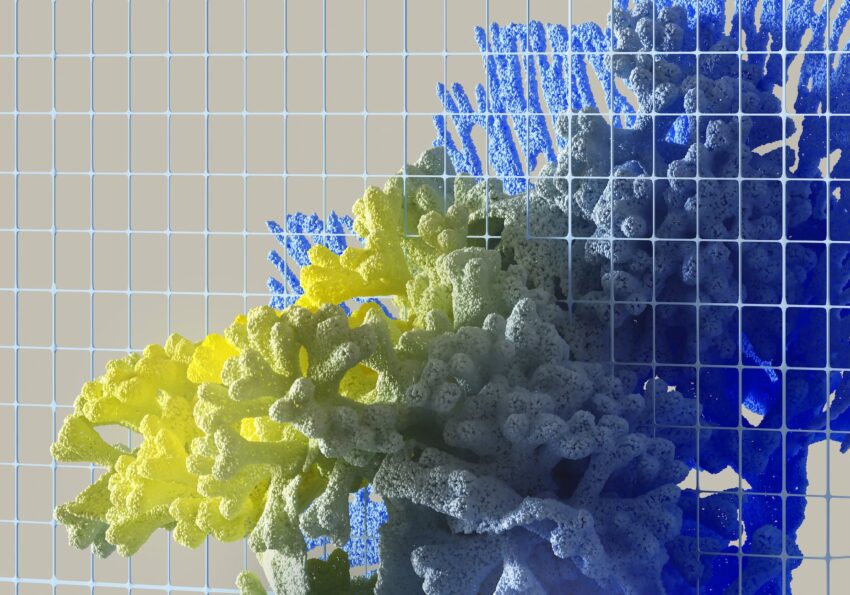In the burgeoning frontier of psychedelic exploration for therapeutic and spiritual purposes, it’s paramount to consider the ethical issues that arise from these practices. The ethical research on psychedelics is a complex mix of considerations concerning individual consent, cultural appropriation, and sustainable sourcing of these substances, among others.
At the heart of any ethical exploration into psychedelics is the principle of informed consent, ensuring participants fully understand potential benefits and risks. Informed consent in psychedelic studies is especially pertinent due to the transformative nature of the experience, and the potentially powerful, long-lasting changes in an individual’s psychological landscape.
The ethical use of psychedelics in spiritual practices is another relevant dimension. Psychedelic substances have been integral to certain indigenous practices for centuries, and in today’s globalized world, there is growing concern about cultural appropriation in psychedelic practices. It’s not just about borrowing from these traditions but often involves exploitation or commodification without understanding the cultural context or giving back to these communities.
As interest in these substances grow, there have been increasing reports about the impacts of psychedelic tourism, especially in places like the Amazon, where the traditional plant medicine Ayahuasca is consumed. While this may bring economic prosperity to some, it can potentially lead to damaging impacts on local environments and communities. It is essential to engage with these practices in a respectful and sustainable manner that benefit both visitors and the hosts.
Sourcing the substances that induce psychedelic experiences is another contentious issue. Ethical sourcing of psychedelic substances, whether they are plant-derived like Ayahuasca and Psilocybin, or lab-made substances like Lysergic Acid Diethylamide (LSD), is an essential aspect of the wider dialogue surrounding psychedelic ethics. Illegally sourced psychedelics pose risks associated with impurities and possibility of supporting illicit activities. On the other hand, excessive demand for natural psychedelics could pose threat to the sustainability of the plant species and the ecosystem they exist in.
Aside from the individual users and the indigenous communities, it’s equally crucial to consider ethical guidelines for psychedelic therapists. As this frontier expands, there needs to be a concrete set of guidelines that ensure ethical conduct is maintained, protecting both therapist and participant in these potentially deeply transformative experiences.
Finally, one of the essential aspects of psychedelic exploration is harm reduction ethics. Despite benefits these substances might offer, there are undeniable risks associated with their use. Therefore, harm reduction strategies, including proper screening, supervision during a psychedelic experience, and appropriate follow-up care, should be a fundamental pillar of ethical exploration into psychedelics.
Despite the potential of these substances in therapy and transcendental experiences, it’s important to chart this territory with a mindful perspective towards ethical considerations. Navigating the ethical issues surrounding psychedelic exploration requires a balanced dialogue that respects individual rights, cultural traditions, and ecological balance. It’s not just about unlocking the potential of these substances, but ensuring they are used in a way that causes minimal harm, and maximum benefit.
As psychedelic exploration evolves, it is important that our ethical guidelines evolve alongside it. This will ensure a forward-thinking, sustainable approach to the therapeutic and spiritual potential of these extraordinary substances.
Sources:
Ethical Research on Psychedelics: National Center for Biotechnology Information
Psychedelic Ethics and consent: PLOS ONE Journal
Cultural appropriation in psychedelic practices: Chacruna Institute
Ethical Sourcing of Psychedelic substances: Multidisciplinary Association for Psychedelic Studies
Impacts of Psychedelic Tourism: Frontier in Sociology
Ethical use of psychedelics in spiritual practices: Journal of Pain and Symptom Management
Harm Reduction Ethics: Harm Reduction International
Informed consent in psychedelic studies: Springer Nature
Ethical Guidelines for Psychedelic Therapists: Psychedelic Review
